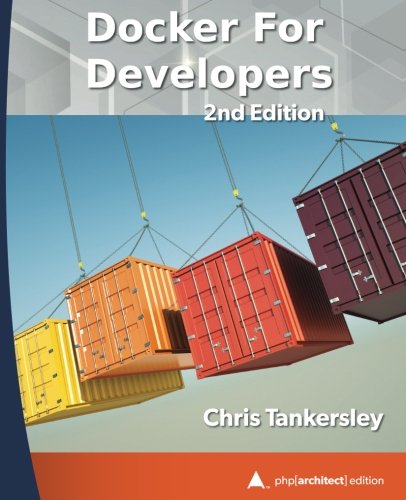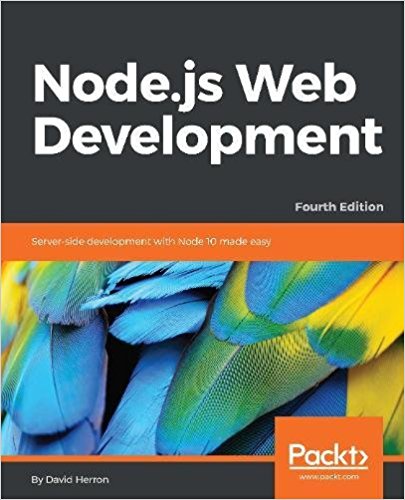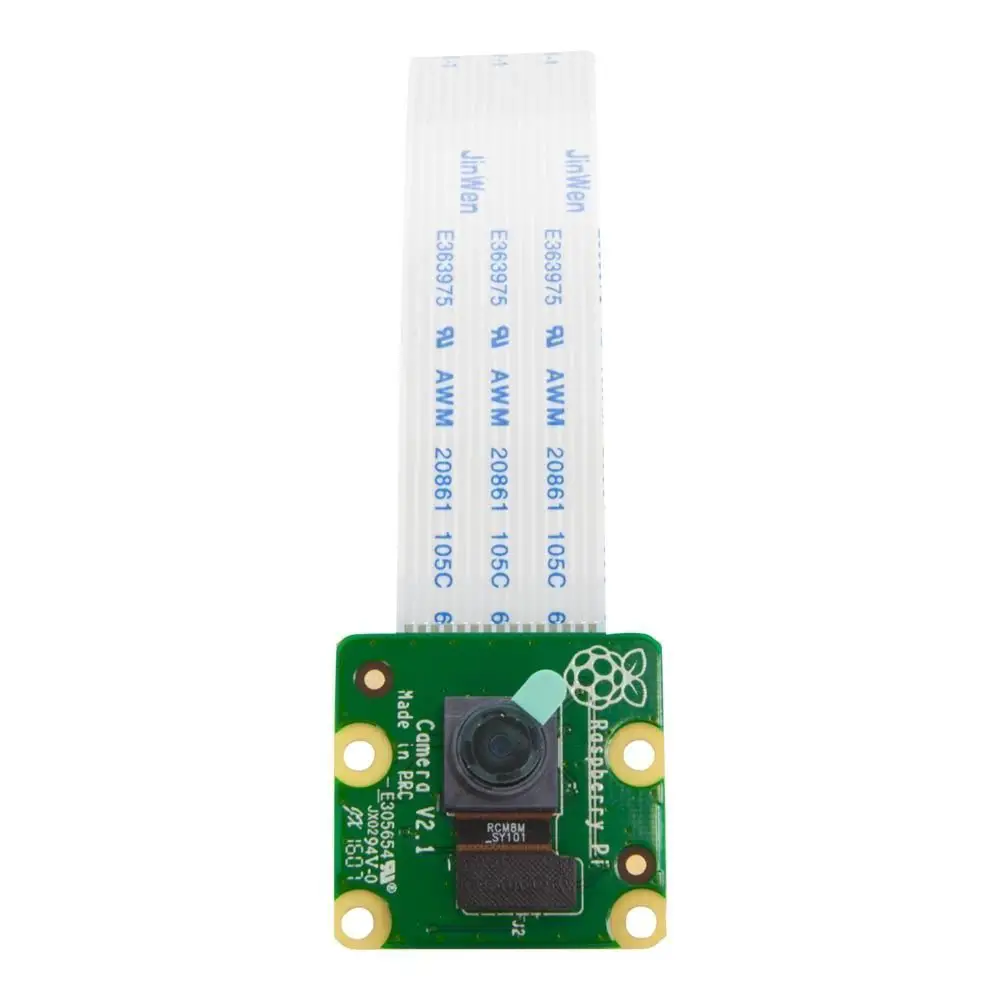; Date: Sun Mar 29 2020
Tags: Instacart »»»» Online shopping »»»» Coronavirus »»»»
The COVID-19 (Coronavirus) pandemic is well underway, with people around the world following shelter-in-place orders. To get food some of us have turned to Instacart (and other delivery services) to have food brought to our homes, rather than to risk virus exposure in the stores. That means Instacart's Shoppers are risking virus exposure in the store, rather than those of us hunkering down at home. To make it worse, Instacart Shoppers, as independent contractors, do not have the protections a regular employee would have. As a result, a group of Instacart Shoppers plan to stage a strike next week.

Instacart's public relations message is that its Shoppers (as they're called) are hero's of the Coronavirus shelter-in-place season. That gives us the impression that Instacart is providing a valuable service, and maybe some of us who've come to depend on its service during the crisis will continue using it after the crisis passes.
An Instacart Shopper is an example of the Gig Worker job that has grown more widely used in recent years. Many services have sprung up using online applications to farm out work to folks. The pitch originally was one could earn some extra money in their spare time. For instance, why not get paid for letting someone ride in a spare seat in your car - hence Uber, Lyft, et al, rose to challenge traditional taxi companies over the ability to help people travel from point A to point B. Other companies, like Instacart, have Gig Workers who travel to grocery stores to fulfill a grocery shopping order, and will then deliver it.
Gig Workers are not regular employees, they do not get health care coverage, and they do not get the normal protections enjoyed by regular employees. During more normal times, Gig Workers might accept the risks of not having regular employment. But our current situation is far from normal, and the risks are high.
The Gig Workers Collective appears to be a non-profit that hopes to represent Gig Workers in a sort of collective bargaining arrangement. Their
page on Medium has a long line of postings talking solely about Instacart. That their postings do not discuss the other Gig Working companies is curious.
On Friday, a new posting by the Gig Workers Collective,
Instacart Emergency Walk-Off, called for a general strike of Instacart Shoppers. The key claim is that despite Instacart portraying their Shoppers as hero's:
Instacart has still not provided essential protections to Shoppers on the front lines that could prevent them from becoming carriers, falling ill themselves, or worse. Instacart’s promise to pay Shoppers up to 14 days of pay if diagnosed or placed in mandatory quarantine not only falls short, but isn’t even being honored.
The issue here is similar to the issue of Amazon warehouse employees getting sick with Coronavirus. Like the Amazon employees, an Instacart shopper is handling stuff being delivered to customers. Unlike an Amazon employee, the Instacart shopper does their work in an uncontrolled environment where the risk of infection is higher.
That is - the Instacart shopper receives an order, and goes to a specific grocery store. The shopper is then among other shoppers, is selecting items in the store, bagging it up, paying for the items, then delivering to a home. The other shoppers in the store could be COVID-19 carriers, exposing the shopper to the virus.
The grocery stores are not necessarily doing a good job of cleaning the stores. Nor are they necessarily doing a good job of preventing infected folks from entering the stores. This means grocery stores are possible venues for spreading COVID-19.
In launching the strike, the Gig Workers Collective says:
We will not continue to work under these conditions. We will not risk our safety, our health, or our lives for a company that fails to adequately protect us, fails to adequately pay us, and fails to provide us with accessible benefits should we become sick.
And as a result on March 30 (tomorrow) they threaten Instacart with a general strike of Instacart Shoppers. Their demands are:
- Safety precautions at no cost to workers — PPE (at minimum hand sanitizer, disinfectant wipes/sprays and soap).
- Hazard pay — an extra $5 per order and defaulting the in-app tip amount to at least 10% of the order total.
- An extension and expansion of pay for workers impacted by COVID-19 — anyone who has a doctor’s note for either a preexisting condition that’s a known risk factor or requiring a self-quarantine.
- The deadline to qualify for these benefits must be extended beyond April 8th.
Instacart responded with their own
Medium post: Committed to the Health and Safety of Our Shopper Community ...
- The offer of 14 days sick pay for Shoppers who get COVID-19 has been extended until May 8, 2020.
- Bonuses for certain classes of Instacart shoppers (in-store shoppers, shift leads, and site managers) who are "working during this busy time"
- Additional bonuses based on extra work performed by a shopper
- The ability to deliver alcohol purchases without requiring the customer touch the shopper's phone - to sign for the delivery
- Incident reporting in the Instacart shopper app
- Collaborating with stores to streamline how Instacart shoppers get in and out of the store
Any evaluation of those promises shows that Instacart is falling short on protecting its workers while encouraging the workers to do even more. It's as if Instacart see's this simply as a period of high volume demand, and not as a health crisis.
A
Vice News article notes that Instacart shoppers are not the only ones threatening strikes. Amazon employees, sanitation workers, and more, are threatening strikes over working in situations that could cause exposure to COVID-19.
That same article also notes that Instacart is looking to hire an additional 300,000 shoppers. That underscores the impression that Instacart see's this as a period of high demand, rather than a health risk.











